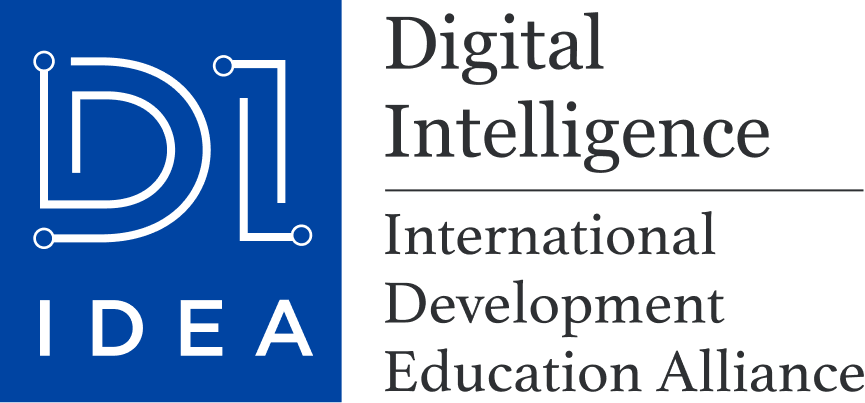Lanzhou University’s talent development plan for 2023 emphasizes information literacy and data analysis skills. To develop these core competencies in specialized fields, the university has not only incorporated programming, big data, AI, and machine learning courses into the majority of its majors but also introduced a series of micro-majors in digital technologies, such as “Cognitive Science and AI,” “Digital Government and Smart City Governance,” “EvidenceBased Medicine,” “Digital Media Design,” “Smart Education Technology,” and “Big Data Applications—Digital and Smart Earth.” These micro-majors aim to enrich the curriculum and cultivate interdisciplinary talents with innovative abilities. For instance, “Cognitive Science and AI” focuses on the frontiers of cognition and AI to explore new cognitive horizons for students, while “Digital Government and Smart City Governance” develops specialized administrative talent skilled in applying administrative theories and mathematical statistics to meet the needs of modern society. Lanzhou University also prioritizes the practicality and forward-thinking nature of its courses. For example, “Evidence-Based Medicine” provides students with robust skills in finding and assessing medical evidence, as well as comprehensive knowledge of this subject. “Digital Media Design” gives students a holistic platform to master the art of digital media through interdisciplinary instruction and hands-on experience, fostering innovative new-media talent with practical abilities. “Smart Education Technology” integrates industry insights and market analysis with the job requirements of leading AI education firms, allowing students to make good use of smart educational technologies and boost their proficiency in the field. “Big Data Applications—Digital and Smart Earth” focuses on practical skills and innovative thinking, enabling students to proficiently process and analyze big data, comprehend AI applications in Earth sciences, and gain an interdisciplinary understanding of the Earth’s complex systems and their interactions with human society.
Course Case Studies
